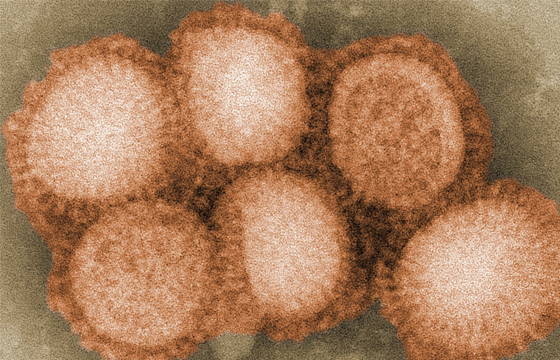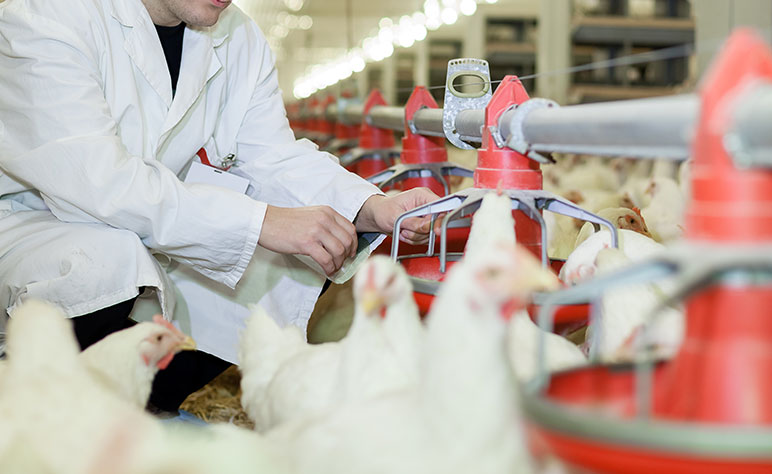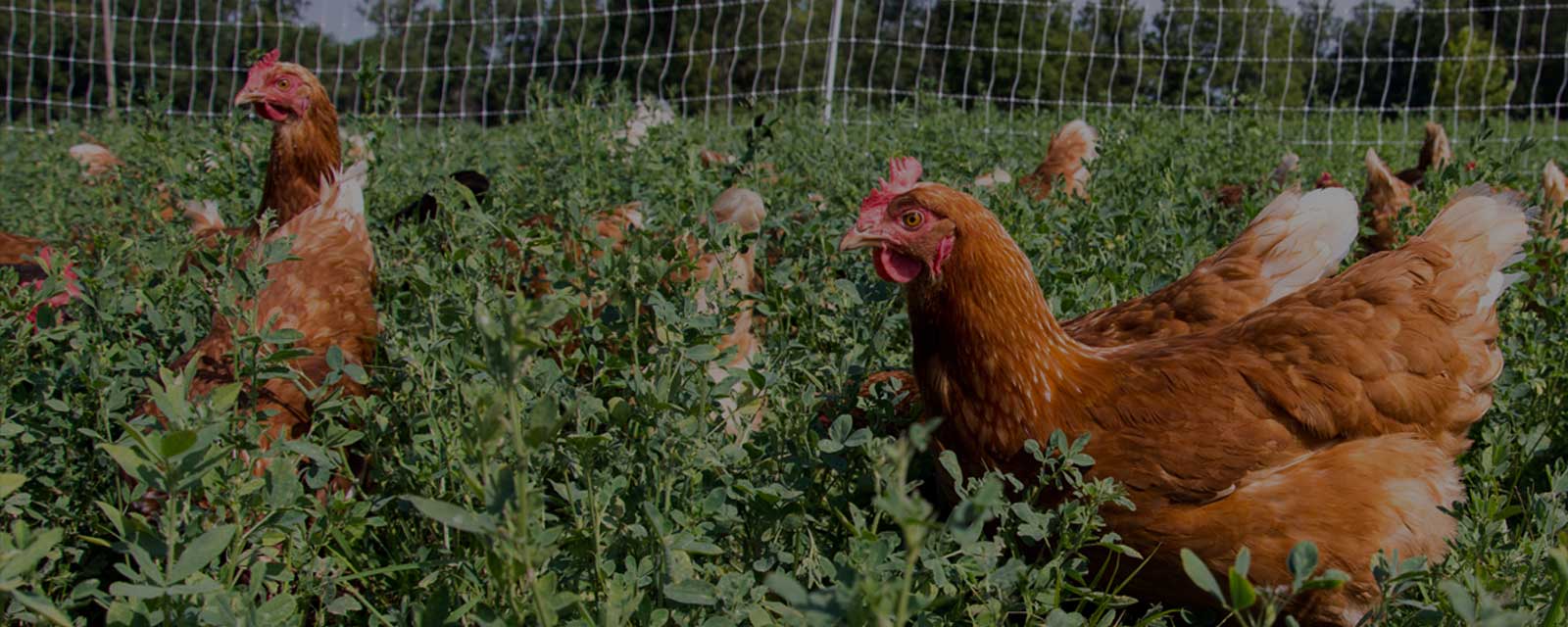
- 21.1.2020
- Industry
Avian Influenza Disease confirmed in Suffolk
In light of the recent confirmation of Avian Influenza which has been confirmed in Suffolk DEFRA has released the following information below
It is recommended that biosecurity measures are strictly enforced to prevent any possible spread of this disease by limiting movement of people and equipment wherever possible at your poultry site. Ensure that footdips and vehicle wheel spray units are filled with a DEFRA approved disinfectant.
The H5N3 avian influenza gains its name from the type of proteins found on the surface of the virus. There are 18 hemagglutinin (HA) subtypes and 11 neuraminidase (NA) subtypes. It is classed as being “low pathogenic” based on how virulent the disease is in a laboratory setting. The disease can be carried by waterfowl who act as hosts for the virus and as such poultry kept near water courses are particularly at threat.
There are currently 9 identified strains of the H5 virus with H5N1 being responsible for the bulk of human cases in 16 countries and leading to pneumonia. (ref Centre for Disease Control).
In a review article entitled “The onset of virus shedding and clinical signs in chickens infected with high- pathogenicity and low pathogenicity avian influenza” by A. R. Spickler et al (Avian pathology Dec 2008). The following symptoms were identified;
“In experimentally infected chickens inoculated by a natural (e.g. respiratory) route, early signs have included depression, ruffled feathers, decreased feed consumption, diarrhoea, increased faecal fluid and urates, haematochezia, dyspnea, blanching of the combs, and swelling and cyanosis of the head, legs, and feet”
Should you suspect any possible infection of your poultry please contact your vet immediately.
Please see the below information courtesy of DEFRA
Latest situation:
Low pathogenic avian influenza (H5N3) was confirmed at a commercial chicken farm in Mid Suffolk on 10 December 2019. All birds on the premises will be humanely culled.
Public Health England has advised that the risk to public health from this strain is very low. Food Standards Agency has said that bird flu does not pose a food safety risk for UK consumers.
Anyone who finds dead wild birds should report them to the Defra helpline on 03459 33 55 77 (select option 7).
You can sign up to our Alerts Service to keep up to date with the latest news. You don’t need to sign up if you have registered your poultry.
Biosecurity advice
If you keep poultry or other captive birds, you must take action to reduce the risk of disease in your flock by following government advice on biosecurity. This is especially relevant if your birds are located in a Higher Risk Area (HRA).
Good biosecurity improves the overall health and productivity of your flock by helping keep out poultry diseases such as avian influenza and limiting the spread of disease in an outbreak.
This applies just as much if you only have a few birds as pets, or if you have a large commercial flock. An outbreak of bird flu in back garden chickens results in the same restrictions on movement of birds. It has the same effect on farmers and trade in poultry as an outbreak on a commercial farm.
To ensure good biosecurity, all poultry keepers should:
- minimise movement in and out of bird enclosures
- clean footwear before and after visiting birds, using a Defra approved disinfectant at entrances and exits
- clean and disinfect vehicles and equipment that have come into contact with poultry
- keep areas where birds live clean and tidy, and regularly disinfect hard surfaces such as paths and walkways
- humanely control rats and mice
- place birds’ food and water in fully enclosed areas protected from wild birds, and remove any spilled feed regularly
- avoid keeping ducks and geese with other poultry species, where possible
- keep birds separate from wildlife and wild waterfowl by putting suitable fencing around outdoor areas they access
- keep a close watch on birds for any signs of disease and report any very sick birds or unexplained deaths to your vet
In summary ensuring you have excellent biosecurity processes in place, pest control for rat and mice populations and the ranges are as secure from contamination by wild birds as possible will all reduce the chances of a AI infection. Closely monitoring your flocks health status and high levels of vigilance are not only the key to prevent AI but also to ensuring your flock performs at its best reaming in a good status of health

Disease Surveillance
Find out more